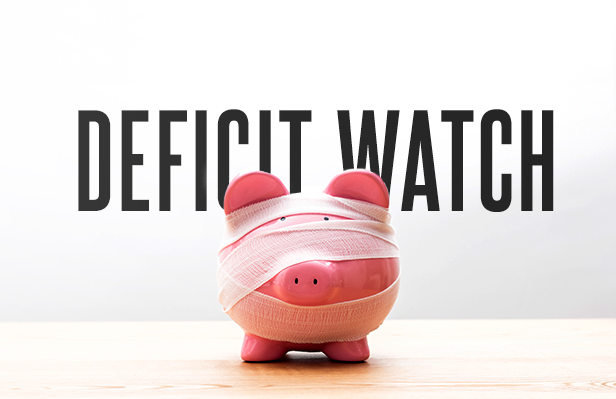Media

The Solution to Pa.’s Perpetual Deficit Problems
Pennsylvania is rapidly approaching the June 30 budget deadline. Over the next two weeks, lawmakers will decide how to balance the 2017-18 budget. But they’ll also need to settle old business. The 2016-17 budget remains unbalanced, making the path forward much more difficult than in previous years.
A new report from the Independent Fiscal Office (IFO) won’t make things any easier. According to the IFO, revenues will fall well short of initial projections. Based on the IFO’s figures and the General Fund Financial Statement, the deficit for this current year is approximately $1.4 billion.
Included in the IFO report are estimates from the tax package passed last July. The package had mixed results. Some taxes performed “better” than expected. Others performed worse. Here’s a quick snapshot of the final projections:
- The cigarette tax is projected to raise $43.1 million less than originally anticipated.
- Other tobacco products (OTP) (smokeless tobacco, e-cigarettes, etc.) may exceed projections by $19.4 million.
- The limit on the “vendor discount” and sales tax expansion for digital downloads is projected to boost non-motor sales tax revenue by 0.9 percent.
- Despite increasing the rate on the bank shares tax, overall collections are expected to decline by 3.6 percent.
Not only did many of the tax increases underperform, but the changes associated with “liquor modernization”—another central piece of the $1.3 billion revenue package passed last year—failed to generate the revenue promised. As my colleague Nate wrote last month, modernization may raise just 29 percent of what was originally projected.
Still, even if liquor modernization and each tax increase met revenue expectations, the state’s budget would be unbalanced. Why? The legislature banked on revenue from legalized gambling that hasn’t come to fruition. But there’s a problem looming larger than poor revenue collections.
Excessive spending growth.
Pressure for harmful tax increases wouldn't exist if Pennsylvania controlled government spending. Yet, those opposed to spending restraint continue to offer tax hikes as an alternative, but Pennsylvanians aren’t undertaxed. And tax hikes don’t offer a permanent solution to budget challenges—a lesson Connecticut has learned the hard way.
The best way forward is to transform the commonwealth’s welfare, corrections, education, and debt systems. That is the solution to eliminating structural deficits and boosting economic growth.